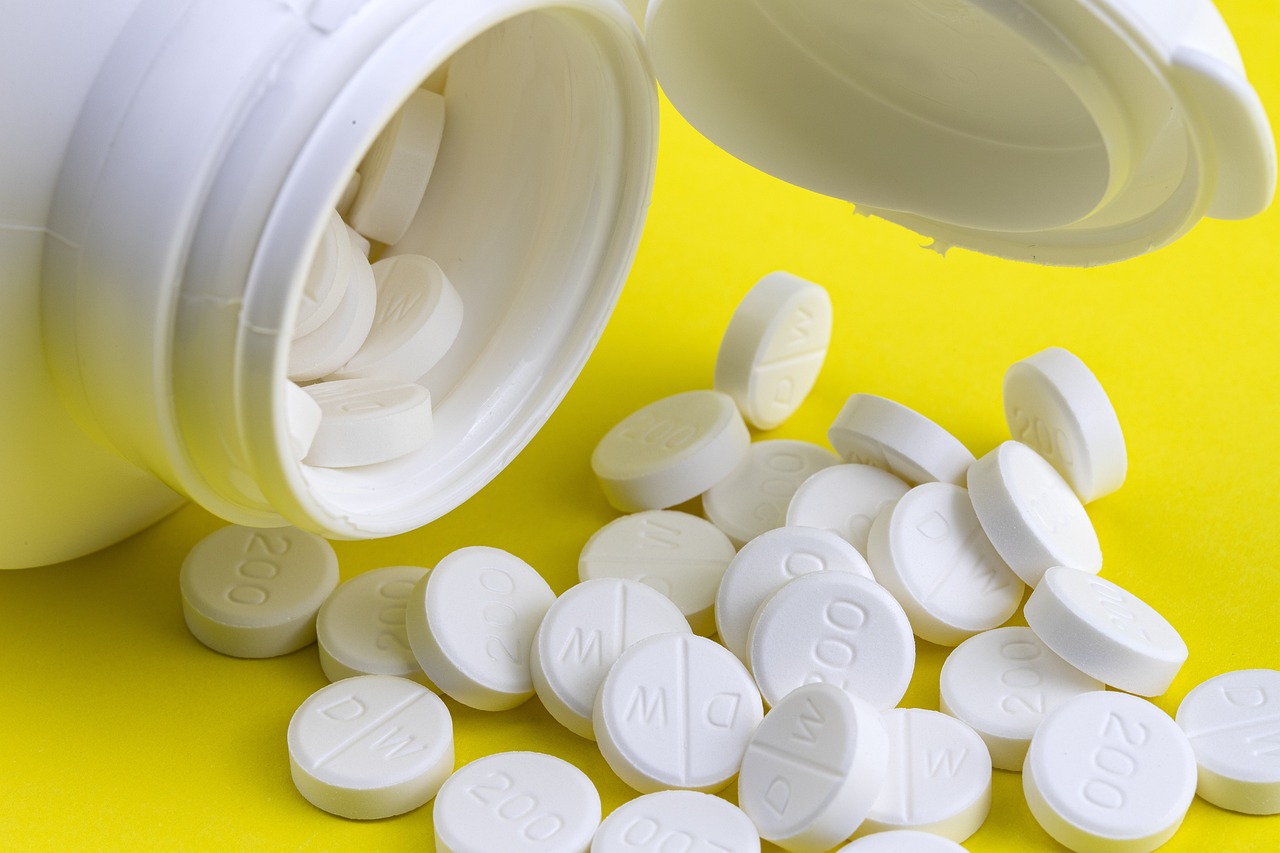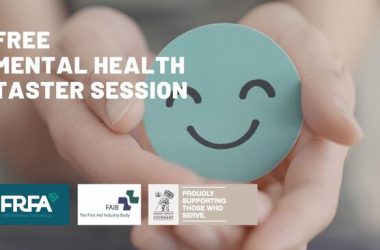Last Updated on: 22nd November 2023, 06:55 am
In this article, specialists discuss the science behind testosterone supplements, and answer the question of whether or not they really increase testosterone levels.
Bodybuilding and other fitness goals may be aided by using a testosterone supplement, which is promoted as a quick and simple solution to raise testosterone levels, sex drive, performance, and effectiveness. While many of these assertions have a nice ring to them, the scientific data they rely on is often lacking. Is it true that testosterone boosters help? And if so, what are the best ones?
Males’ testes produce the majority of the sex hormone testosterone, which is mostly responsible for the maturation of traits associated with masculinity, such as beards and deeper voices. However, it goes much beyond that.
According to Dr. Shaan Patel(opens in new tab), medical doctor and medical director of Ted’s Health, “Testosterone is crucial for a variety of physiological activities.” Depression, cognitive fog, poor sperm count, and low libido are all symptoms of low testosterone, highlighting the need of keeping testosterone levels in check for optimal physical and mental well-being.
Low testosterone levels in the body are called hypogonadism. Low testosterone is a common health issue that affects a large percentage of the population. Testosterone supplements are designed to do one of two things: restore testosterone that has been lost or increase testosterone synthesis in the body.
Here, we’ll investigate the topic of testosterone boosters in great detail. To help you better understand your therapy choices, we’ll also examine their effectiveness and safety. But before starting any new supplements, it’s essential to talk to your doctor.
WHY DO SOME PEOPLE HAVE LOW TESTOSTERONE?
Testosterone levels naturally fluctuate during the day. Early morning is when they are at their highest and they gradually decrease over the day. Also changing during our lives is our testosterone content. Actually, becoming older is one of the primary causes of hypogonadism. Once a man reaches the age of 40, his testosterone levels begin to gradually decrease at a rate of 1%-3% each year, as published in the journal Sports Medicine(opens in new tab).
Hypogonadism may also occur as a consequence of certain medical illnesses and medications. In particular, they are:
- Sperm damage
- Disease of the testicles
- Hypoglycemia of the second kind
- Obesity
- Genetic diseases such as Klinefelter syndrome
- Disorders of the pituitary gland include Cushing’s syndrome and acromegaly.
- Problems with the thyroid
- HIV
- Inflammatory conditions including sarcoidosis and TB.
- Cancer therapies like chemotherapy
- Medication containing opioids
It’s possible that dietary factors contribute significantly to testosterone regulation. Deficits in zinc, magnesium, vitamin D, and polyphenols have been linked to an increased risk of hypogonadism, as documented in the Expert Review of Endocrinology & Metabolism(opens in new tab). According to a study published in Alcohol Research & Health, chronic alcoholics also tend to have decreased levels of testosterone.
Scientists from the journal Physiology & Behavior(opens in new tab) propose that chronic psychological stress may also contribute to decreased testosterone levels in men. They do, however, caution that not everyone will have the same reaction. Testosterone levels may fluctuate higher in those who are unable to effectively handle stress or who have unstable social interactions.
TESTOLONE SUPPLEMENTS: WHAT ARE THEY?
TRT (also known as androgen replacement treatment) involves injecting the patient with synthetic testosterone. This hormone is available in tablet form, medicated patches that are worn topically, and as an injection into the buttocks. Men with prostate cancer, those with bleeding disorders, or those with severe cardiovascular disease should not use this technique.
Testosterone-increasing dietary supplements
When testosterone replacement treatment (TRT) is not an option, men often turn to testosterone supplements (also known as “testosterone boosters”). Furthermore, sportsmen and bodybuilders often use them. Androstenedione and androstenediol are two examples of testosterone supplements that fall within the category of prohibited drugs, whereas dehydroepiandrosterone (DHEA) and D-aspartic acid are examples of over-the-counter medications (DAA). Plant extracts, herbs, and other substances thought to stimulate hormone synthesis could also be included.
Some typical “testosterone-boosting” substances include tribulus terrestris, eurycoma longifolia (longjack plant), zinc, L-arginine, aspartate, horny goat weed, and yohimbine. This is according to a review article published in the International Journal of Impotence Research(opens in new tab).
SHOULD YOU TAKE A TESTOSTERONE SUPPLEMENT?
Treatment with Synthetic Testosterone
Mood, blood cell formation, cognition, quality of life, and cardiovascular disease are just some of the areas where TRT has the potential to assist men with hypogonadism, according to a study published in the journal Therapeutics and Clinical Risk Management(opens in new tab).
Erectile dysfunction (opens in new tab), obesity (opens in new tab), and age-related muscular weakness are just some of the conditions that TRT has showed promise in treating. JAMA Psychiatry(opens in new tab) also reports that testosterone therapy may help alleviate signs of depression.
Testosterone-increasing dietary supplements
Testosterone boosters aren’t without their detractors. Numerous marketing claims have been made, however scientists are often skeptical that the products really deliver on their promises.
Although there is much data and research supporting the efficacy of testosterone replacement therapy as recommended by physicians, no dietary supplements or other items have been shown to be both safe and effective in clinical trials.






